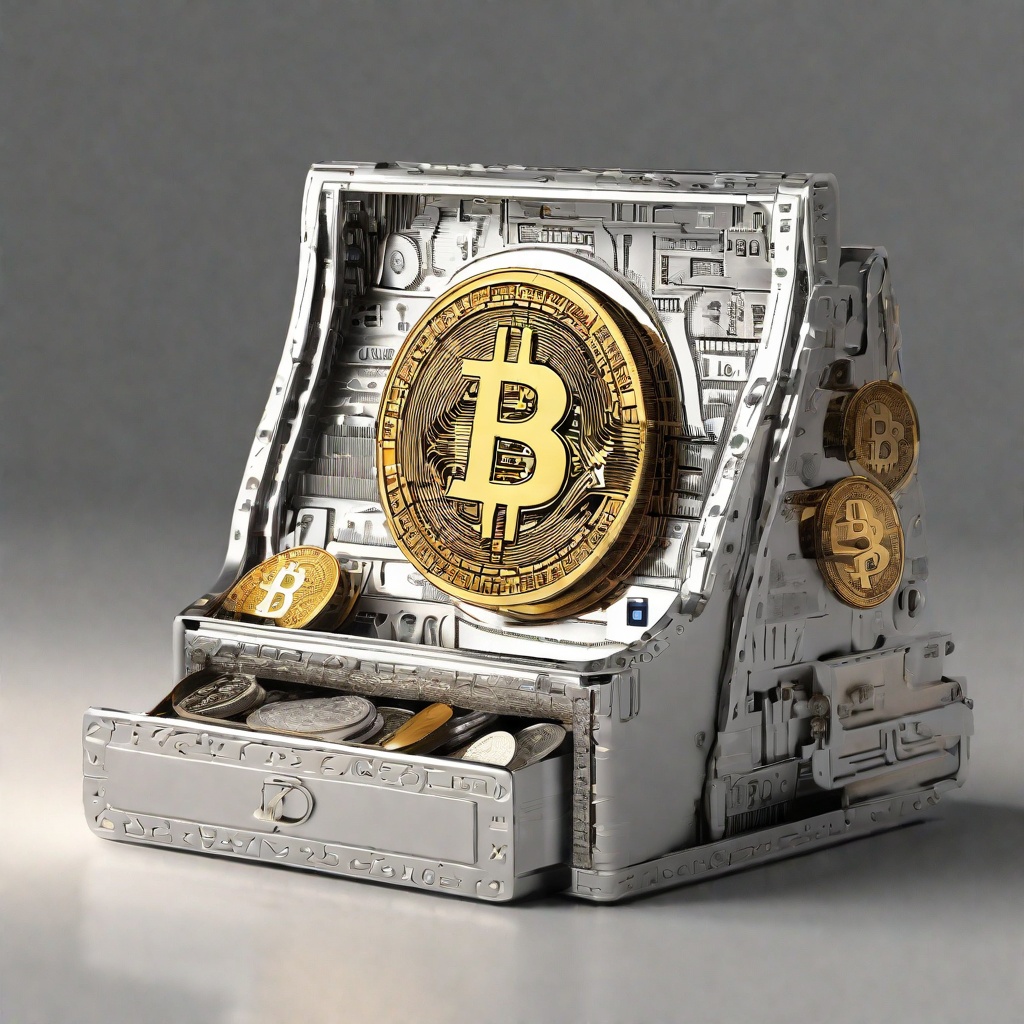Where to store a private key?
So, let's dive into the question, "Where to store a private key?" Now, for those who may not be familiar, a private key is essentially the digital equivalent of a password that gives you access to your cryptocurrency holdings. It's incredibly important to keep this information SAFE and secure, as losing your private key could mean losing access to your funds forever. But where exactly should you store your private key? There are a few options to consider. One is to write it down on a piece of paper and keep it in a safe place, like a safe deposit box or a lockbox at home. This is a low-tech but effective way to ensure that your private key is not stored digitally, where it could potentially be hacked. Another option is to use a hardware wallet, which is a physical device that stores your private key and allows you to access your cryptocurrency holdings. These devices are designed to be more secure than storing your private key on a computer or smartphone, as they are not connected to the internet and cannot be hacked remotely. A third option is to use a software wallet, which is a program that stores your private key on your computer or smartphone. However, it's important to note that software wallets are generally considered less secure than hardware wallets, as they are vulnerable to malware and other cyber threats. So, in summary, when it comes to storing your private key, it's important to choose a method that offers a good balance of security and convenience. While writing down your private key on paper may seem old-fashioned, it can be a highly effective way to protect your funds. Alternatively, a hardware wallet can offer added security and peace of mind, while still allowing you to access your cryptocurrency holdings easily.

Where to store UFO tokens?
If you're wondering where to securely store your UFO tokens, you're not alone. With the increasing popularity of cryptocurrencies and tokens, it's important to ensure that your assets are protected from theft and loss. One option is to store your UFO tokens in a hardware wallet, which is a physical device that keeps your private keys offline and out of reach of hackers. Alternatively, you can use a software wallet, which is a digital wallet that can be accessed from your computer or mobile device. However, it's important to remember that software wallets are more vulnerable to cyber attacks, so it's crucial to use strong passwords and enable two-factor authentication. Ultimately, the choice of where to store your UFO tokens depends on your individual needs and level of comfort with technology. But whichever option you choose, make sure to thoroughly research and understand the risks involved before making a decision.

Where should I store my coins?
Hello there, I'm curious about where the best place to store my cryptocurrency coins is. I've heard about hardware wallets, software wallets, and even paper wallets, but I'm not sure which one is the most secure and convenient option for me. Can you give me some insights on the pros and cons of each type of wallet, and perhaps some recommendations based on my individual needs? I'm also interested in knowing if there are any security measures I should take to ensure the safety of my coins, regardless of the wallet I choose. Thank you in advance for your help!

Where to store pip crypto?
Could you please clarify where the best place is to securely store pip cryptocurrency? Are there any specific hardware wallets or software applications that are recommended for safeguarding pip crypto assets? What security measures should one take to ensure their pip holdings are protected from potential hacks or thefts? Is it advisable to keep a portion of one's pip holdings in a hot wallet for easy access, or is it better to store them all in a cold wallet for maximum security? Thank you for your insights.

Where is the safest place to store coins?
I'm curious, what would you consider to be the safest place to store my cryptocurrency coins? With so many options available, it's hard to know which one is truly the most secure. Is it a hardware wallet, a software wallet, or perhaps an exchange? And what factors should I consider when making this decision? I'd love to hear your thoughts on this important topic.

